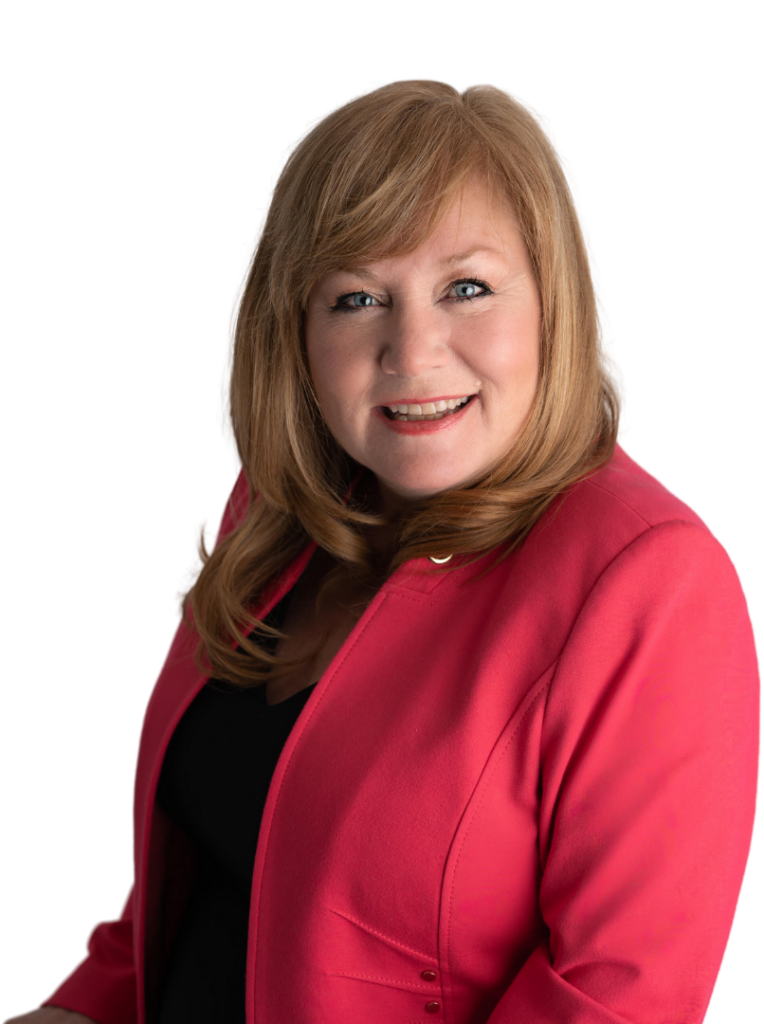MONEY, MONEY, MONEY
Strengthen your credit
It is important to understand how you are evaluated for your interest rate. The interest rate is determined by your FICO score which scales from 300-850 points. The higher your FICO score, the better your interest rate will be. Even, a .5% difference has the capacity to make a huge difference during the lifespan of the loan. It is important to clear up any disputes or delinquencies before you begin the home buying process. Paying off any other loans or credit cards monthly and on time is the best way to strengthen your credit. If your score is higher than 700 points, you are able to get up to a .25% reduction. However, if your score lies below 650 points, your interest rate will be higher. You can build good credit by paying your bills on time, making small purchases with credit cards and paying them right away, take out small loans and ensure to pay the minimum payments on time. Also, you can decrease bad credit by saving money up with big purchases, using one credit card for small purchases instead of multiple credit cards, keeping up with your credit reports and keeping “good” debt on your report.
Did you know that you can see the same information that lenders see on your credit history?
You can do this by requesting a credit report, which includes your credit rating.
For more information, contact one of the credit bureaus directly at:
TransUnion Canada: 1-866-525-0262
Equifax Canada: 1-800-465-7166
Get pre-approved
Get pre-approved for a mortgage 1 to 2 weeks prior to beginning the home buying process This will not damage your credit report. The recommendation is to get pre-approved from different lenders. This will allow you to compare the advantages of one lender compared to another.
What are the advantages of getting pre-approved for a mortgage?
• Know the mortgage amount the lender will loan you
• Have a good starting point of the price range you should be searching in
It’s best to get pre-approved before you speak with a realtor. Having a firm idea of what you can afford will help you stay realistic throughout the home buying process. Sellers often favor buyers who are pre-approved. Pre-approved buyers are often given the green light by lenders, meaning there’s a better chance the deal with go smoothly.
Note: Be sure you get pre-approved rather than pre-qualified; there is a difference. Pre-approval means that the lender is usually prepared to give you a loan after seeing your financial details. Pre-qualified means that the lender is only estimating the amount you could borrow. It does not mean they will approve your loan.
Shop around for your mortgage
Why should you shop around before looking at homes? Shopping for a mortgage before you decide on a house can be beneficial in the home buying process.
Shopping around for your mortgage means you’ll know exactly how much you can borrow before you buy your home. Staying realistic and shopping in your price range will help you avoid finding a home that you cannot afford. For this reason, shopping and finding a mortgage first and a home second is the smart approach in the home buying process.
Considering the down payment amount should also be a part of your mortgage calculations. It’s not required to know the exact amount, but having a general idea in mind is a good start.
Find out what ratios lenders are using
The ratio being referred to is the ratio the lenders are using to determine if you qualify for a loan. “28 and 36” is a commonly used ratio. This means 28% of your gross income (before you pay taxes) must cover your intended housing expenses (including mortgage fees, real estate taxes and insurance).
Monthly payments on your outstanding debts, when combined with your housing expenses, must not exceed 36% of your gross income or else you will not be approved.
Saving for your down payment
For many homebuyers, saving for a down payment is often overwhelming, however it doesn’t have to be. Sometimes it can be as simple as budget management and prioritization. Start by thinking about things you can eliminate, even small things, and put that money into the bank.
Saving for your down payment tips:
- Set aside money each month, just as you would a regular mortgage payment
- Inquire with your bank, they may have a plan to help you save money tax free
- Save cash gifts from parents or relatives
- Move in with either your parents, relatives or friends
- Prioritize your spending on essentials only
- Pay off your debt so you can save more money later
- Stay in on the weekends and put that money aside
- Use transit
- Cut out anything that isn’t necessary, aka. Cable
- Utilize Federal programs:
o Tax – Free Savings (TFSA): allows money to be set aside and grow tax – free. Your interest depends on the amount of money that you put in. More money in the account = higher interest
o Home buyer’s Plan (HBP): allows those eligible to make withdrawals from their registered retirement savings plan in order to purchase or build a home tax –free.
Use RRSPs to buy a home
You must qualify as a first-time homebuyer, in order to be eligible for the government’s Home Buyers’ Plan (HBP). You are considered a first time homebuyer if you and your spouse/common-law partner have never owned a house during the four years prior to the year of withdrawal. This plan allows you to withdraw up to $25,000 from your Registered Retirement Saving Plans and use it towards your qualifying home. Fortunately, there is no income tax on those funds and the repayment period starts the second year following the withdrawal. However, loan repayments must be paid pack within 15 years.
For more information you can reach your broker or employer’s human resources regarding RRSPs. If you wish to find more information, you can visit the Canada Revenue Agency website.
Talk to a lawyer (optional)
When entering the home buying process, it is important to know all your options. If you expect a simple, straightforward process when purchasing your home, a lawyer may not be necessary. However, if you find yourself buying a home that is a foreclosure, probate or you feel as though the seller may back out, hiring a retain lawyer may be the best solution.
FREE CONSULTATION
SEARCH THE SITE

